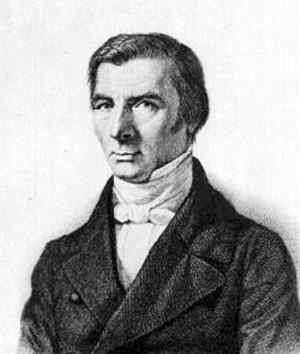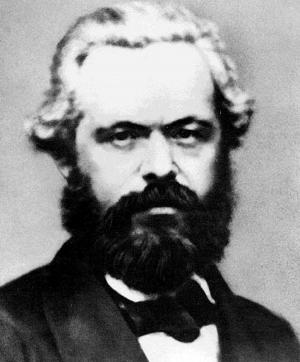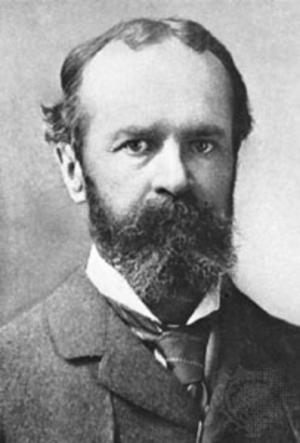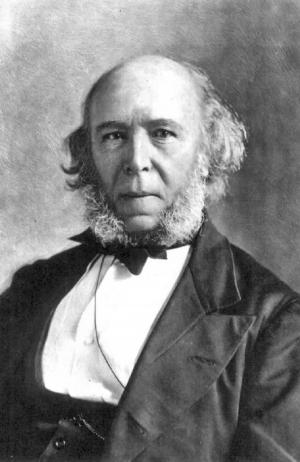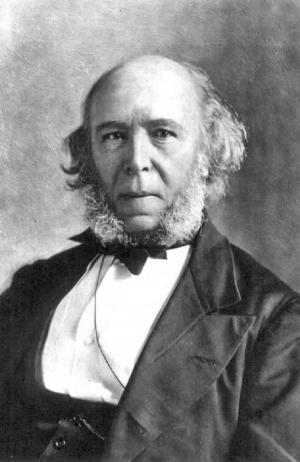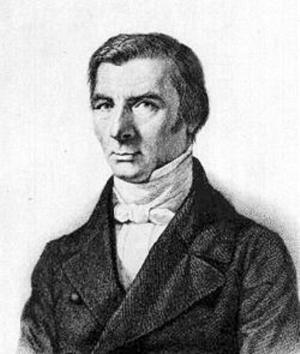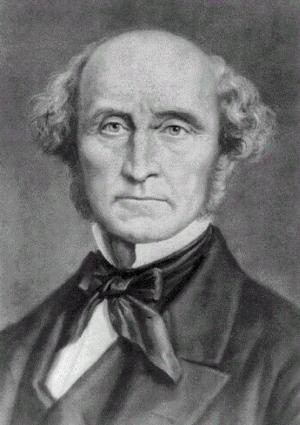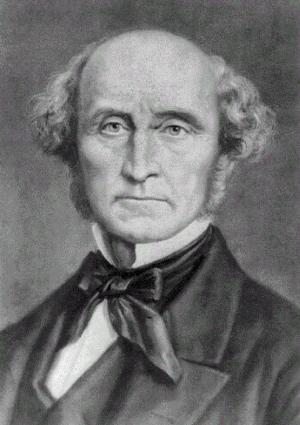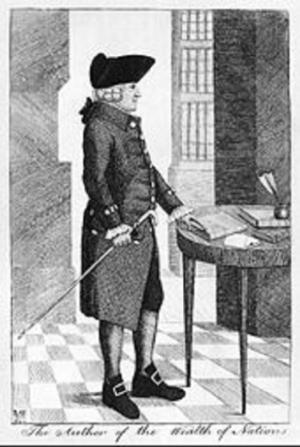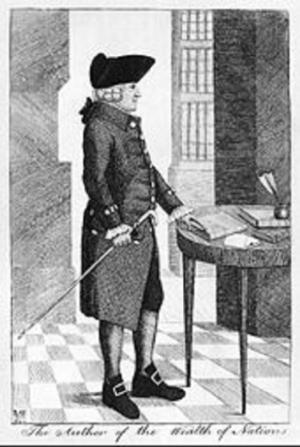A Letter Concerning Toleration: Full and Fine 1689 Edition (Illustrated)
Business & Finance, Economics, Macroeconomics, Theory of Economics| Author: | John Locke | ISBN: | 1230000275779 |
| Publisher: | AS Team | Publication: | October 21, 2014 |
| Imprint: | Language: | English |
| Author: | John Locke |
| ISBN: | 1230000275779 |
| Publisher: | AS Team |
| Publication: | October 21, 2014 |
| Imprint: | |
| Language: | English |
The book has an active table of contents for easy access to each chapter of the book.
John Locke was Isaac Newton’s best friend. As Newton developed Calculus and Law of Gravity, Locke built the foundation of modern liberalism, political theory, and economics.
Locke had a huge impact on the social contract and liberal theories and on the development of both epistemology and physical philosophy. American Declaration of Independence is strongly influenced by his ideology. His concepts of identity later influenced Rousseau and Voltaire along with many other Enlightenment scholars and American Revolutionaries.
A Letter Concerning Toleration by John Locke appeared in a fear that Catholicism might be taking over England and responds to the problem of religion. Locke’s answer to the government was proposing religious toleration as the answer.
This is a must-read book for readers who are interested in the deepest thoughts about religious toleration by John Locke, one of the greatest tinkers on the planet.
The book has an active table of contents for easy access to each chapter of the book.
John Locke was Isaac Newton’s best friend. As Newton developed Calculus and Law of Gravity, Locke built the foundation of modern liberalism, political theory, and economics.
Locke had a huge impact on the social contract and liberal theories and on the development of both epistemology and physical philosophy. American Declaration of Independence is strongly influenced by his ideology. His concepts of identity later influenced Rousseau and Voltaire along with many other Enlightenment scholars and American Revolutionaries.
A Letter Concerning Toleration by John Locke appeared in a fear that Catholicism might be taking over England and responds to the problem of religion. Locke’s answer to the government was proposing religious toleration as the answer.
This is a must-read book for readers who are interested in the deepest thoughts about religious toleration by John Locke, one of the greatest tinkers on the planet.


